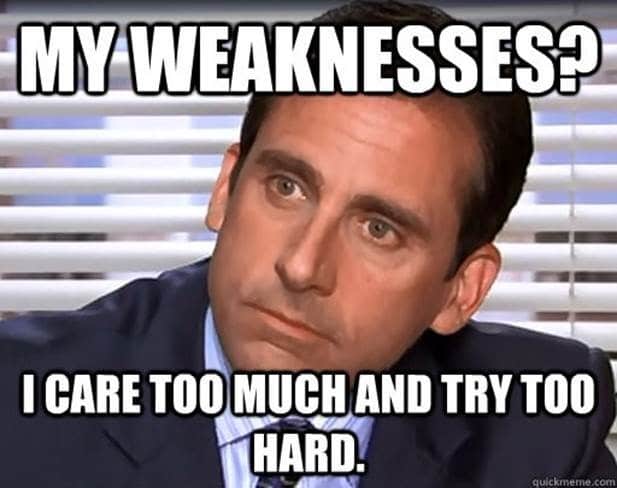Interviewing candidates can be challenging. Not only is it time-consuming, but also there is a lot of pressure to determine precisely if this person will be the right fit for your position, team, and company as a whole. One of the best ways to do this is via behavioral interview questions. In fact, behavioral interviewing is often considered to be the most effective technique across different levels, organizations, and industries.
Here is a quick synopsis of behavioral interviewing from SHRM:
“Behavioral interviewing focuses on a candidate’s past experiences by asking candidates to provide specific examples of how they have demonstrated certain behaviors, knowledge, skills, and abilities. Answers to behavioral interview questions should provide verifiable, concrete evidence as to how a candidate has dealt with issues in the past. This information often reveals a candidate’s actual level of experience and his or her potential to handle similar situations in your organization.”
So, which behavioral interview questions should you ask in order to compare candidates and determine their qualifications objectively? Let’s jump right into a few of our favorites here at JSG.
Describe your proudest professional accomplishment.
This is a great question to kick off a behavioral interview. It allows the candidate to reference something they’re passionate about and gets them more comfortable right off the bat. When listening to their answer, try to pick up on a couple of cues. Do they give credit to other team members? How significant of an accomplishment was it? Did this accomplishment assist in propelling their career development further?
Tell me about a time you failed. What could you have done to make it better, and how did you move past it?
Everyone has failed at some point in their career. In fact, your best candidates will have experienced plenty of failures. The difference is that they will have learned and grown from each situation. Avoid candidates who dance around giving an actual failure. Don’t take a page out of Michael Scott’s book. This is not the time for a fluffy answer of “I care too much.”

Give me an example of a time when you had to work with someone whose personality was different from yours.
This question can be tricky to answer. You are NOT looking for the candidate to throw a previous coworker under the bus. You should be, however, interested in discovering how they handle conflict in general. Do they address it head-on or look for support from upper management? There isn’t necessarily a right or wrong answer, but the insights you gain can help you understand how to manage this person best.
Describe a time when you were juggling a lot of different projects. How did you prioritize?
The logic behind this question is twofold. First, you’ll be able to understand what the candidate deems as “a lot of projects.” Second, you’ll get an inside peek into their thought process. Everyone gets overwhelmed at times; it’s how we handle it that’s most important.
So, these four behavior interview questions will help you determine if the candidate is a true fit for your team.




